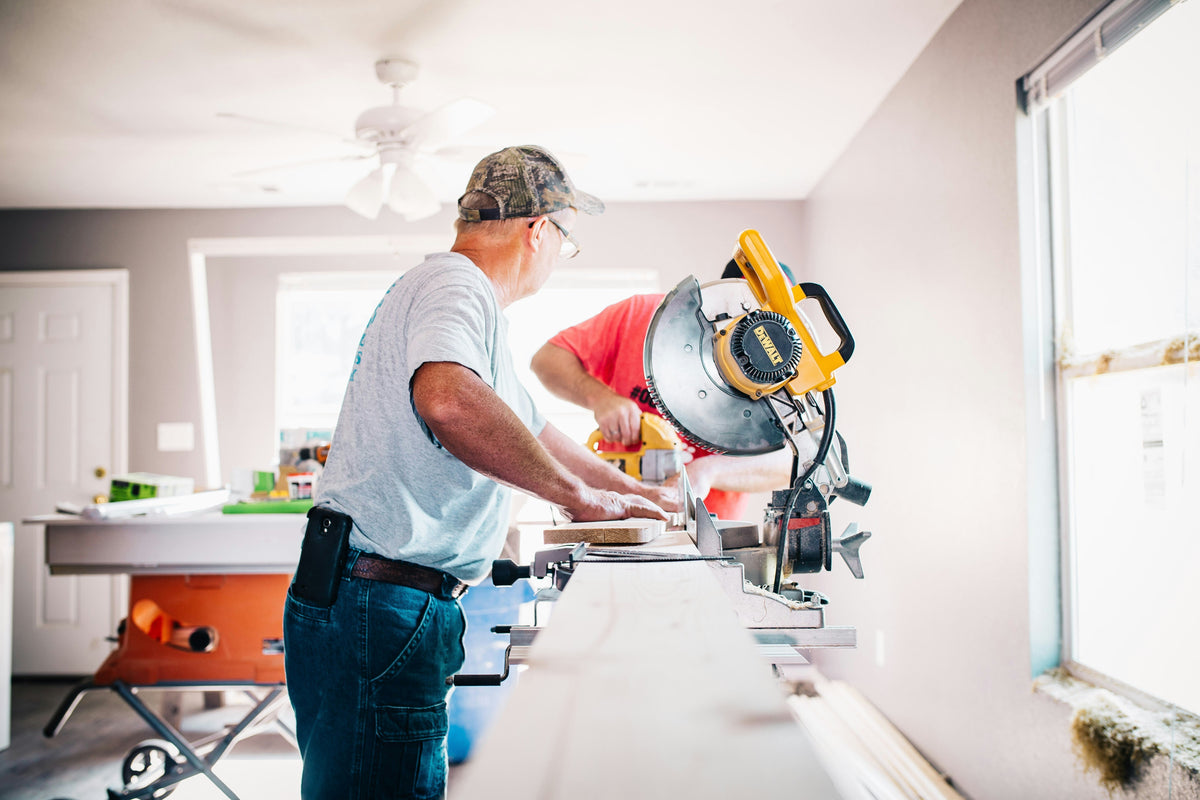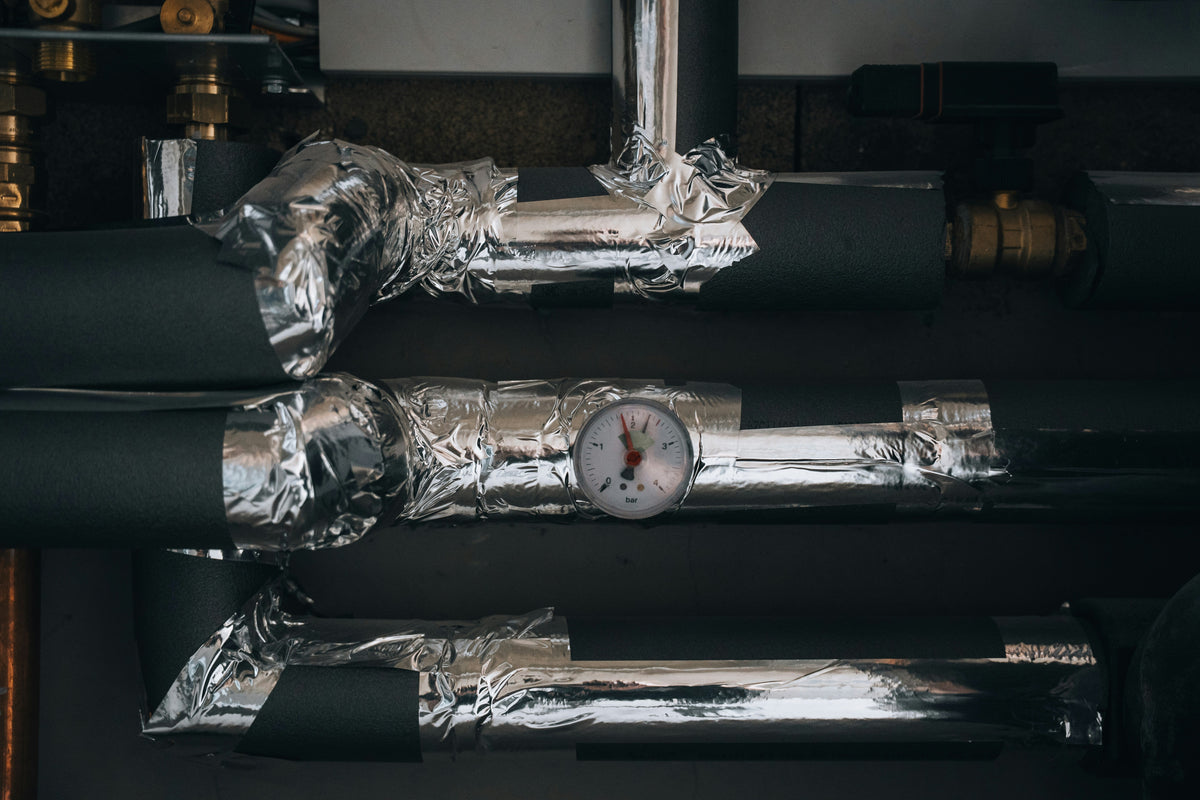Many modern couples are rethinking traditional wedding registries by adding sustainable choices that reflect their values. Instead of filling your home with items you may never use, you can include eco-friendly gifts such as beeswax wraps, glass containers, or durable dishware that support a low-waste lifestyle. Donation options are another thoughtful way to reduce unnecessary consumption, allowing guests to contribute to charities, honeymoon funds, or even eco-causes you both care about. Linking your registry to ethical and eco-conscious stores also ensures purchases support businesses with greener practices. Choosing high-quality items that last longer further minimises waste while providing practical essentials for your new life together. A sustainable gift registry is more than a trend-it’s a meaningful way to celebrate love while protecting the planet.
Share your articles with us and get published! Reach out at hello@friendlyturtle.com.
How to Buy and Sell Used Electronic Devices Online

In today’s digital age, using electronic devices for personal tasks or in our workplaces is commonplace. When we are engaged in screen time, we might be blissfully unaware of how damaging electronic devices can be for our environment.
The good news, however, is that it is possible to use technology responsibly and buy, sell and replace outdated or used devices if you know where to look. In the same way you can search online for sustainable jewellery, there is a thriving online market for used electronics, offering everything from pre-loved cameras and smartphones to used laptops and vintage games.
This article explores the impact tech dependence has on the environment and how the growth of online platforms selling used electronics is helping to address some of the harm.
Impacting the planet
Everyone you know probably owns a mobile phone, operates a laptop or works from a laptop or desktop computer. Many households have several digital devices, including iPads, multiple smart phones and gaming stations for teenagers and children. According to research, the smartphone market in the UK is set to reach a value of £12 billion by 2027. It’s therefore easy to see how technology (in its many forms) and used on a regular basis, might damage the environment.
With so many people using technology in their daily lives, it is understandable that making and selling electronic products impacts the environment. Many electronic devices are known to have limited lifespans so knowing how to extend their use is valuable. The lifecycle of manufacturing, distributing and discarding electronic devices before, during and after they flood the open market is enormous. The damage, in parts, comes from air pollution, an excessive carbon footprint as well as unethical sourcing and supply chains of the integral components inside mobile phones, for instance. Some of the components are sourced from illegal mining and exploited workers in underdeveloped countries.
Being more responsible
In recent years, there has been a growing demand to buy, produce and sell sustainable products that are used in people’s everyday lives, from household goods and cleaning products to skincare and gifts. Consumers have become more responsible about buying sustainable and ethically-sourced products in general.
This is true in the electronics industry with more people looking for ways to find cost-effective technology and adopt eco-friendlier buying habits. In fact, more than 42% of millennials and 39% of Generation Z now prefer to make sustainable choices as consumers. This trend has also been recognised by the UK government who pledged its support to tackle e-waste by introducing protocols and guidelines on how to manage electronics. In addition, tech giants and businesses are also becoming more sustainable and making great efforts to recycle metals and use conflict-free components in mobile phones and devices. They also try to steer clear of hazardous materials or chemicals in tech and manufacturing processes.
Increasing numbers of used electronic sites
In a collective response to the impact of technology, there has been a notable growth in the number of online reuse marketplaces that now sell, buy and exchange used and refurbished electronics.
Platforms like eBay pioneered online sales and there other sites, apps, community forums and dedicated reuse marketplaces (like Facebook) that facilitate the exchange of used electronics. Several factors have driven the expansion of online used electronics sales:
-
Improved product life spans - Advancements in technology - like hardware upgrades and new battery development - have allowed electronics like mobile phones, laptops, and tablets to last a long time. This increased lifespan has meant that multiple users can get years of usage out of the devices.
-
Environmental awareness - Reuse, recycling are increasingly promoted as sustainability measures in response to rising environmental concerns and educational campaigns.
- Cost savings - Buying refurbished or used electronics is often a more affordable way to acquire high-quality electronics, even if it predates the latest industry models. In times when costs are high, cost savings are highly welcome, and it just so happens that resellers occasionally offer discounted prices on pre-used items.
Supporting online reuse markets
Several dedicated online marketplaces and resellers have emerged to facilitate used electronic transactions:
- eBay - This auction site features an enormous range of discounted pre-owned electronics from anonymous private sellers and authorised businesses worldwide. The site implements strict security and protection policies to safeguard buyers.
-
Music Magpie - This company allows users to sell unwanted mobile phones and technology, as well as CDs, DVDs, games and even books. Buyers sell them through the site with the team conducting quality assurance checks and tests before supplying payment.
-
MPB - An eCommerce platform that exclusively deals in used cameras and video equipment providing a seamless way for users to buy, sell and trade used camera gear.
-
Back Market - This European-based marketplace connects consumers with professionally refurbished electronic devices like phones, laptops, game consoles, and tablets at reduced prices.
Driving sustainability in technology
In response to heightened concerns about climate anxiety, online marketplaces have emerged as key players in the sale and redistribution of used electronics. By providing consumers with eco-friendly options, they reduce both e-waste and the need for new devices being made. Extending a device’s lifespan also conserves natural resources used in manufacturing and distribution and minimises the amount of discarded devices that end up at the dump and in landfill. Thanks to these advantages, used electronics transactions will likely keep shifting online, boosting reuse markets further.
As sustainability awareness grows, the demand for used and refurbished electronics will only continue to surge. Although emerging technology like mobile phones, laptops and cameras tends to last longer, the demand to minimise e-waste continues. In turn, online marketplaces will evolve creating more avenues to sustainable and cost-effective electronics in the future.
0 comments
Let customers speak for us
Blog posts
A low-waste home renovation is about more than reducing rubbish - it’s about making mindful choices, reusing resources, and cutting unnecessary costs. By setting clear goals, you can plan ahead to reuse or donate old fixtures, cabinets, and doors, while ensuring contractors align with recycling practices. Accurate measurements prevent over-ordering, saving both money and materials. Opting for durable, sustainable products like reclaimed wood or recycled steel ensures your upgrades last longer and reduce future waste. Repurposing existing elements adds charm and sustainability, turning old bricks or timber into unique design features. Partnering with eco-conscious professionals and responsibly donating unused supplies helps keep materials out of landfills. With careful planning, your renovation becomes a blueprint for sustainable living - practical, stylish, and planet-friendly.
Energy-efficient HVAC systems are at the heart of sustainable home design, reducing waste, cutting energy bills, and supporting a lower carbon footprint. As one of the largest sources of household energy use, HVAC plays a crucial role in making homes both eco-friendly and cost-effective. By designing efficient ductwork, sealing leaks, and integrating smart layouts, architects can minimise energy loss while maximising comfort. Modern HVAC technology not only lowers greenhouse gas emissions but also delivers consistent indoor temperatures without compromise. When planned from the start, energy-efficient HVAC supports renewable integration, reduces long-term costs, and creates homes that are healthier, greener, and more desirable for future buyers.



